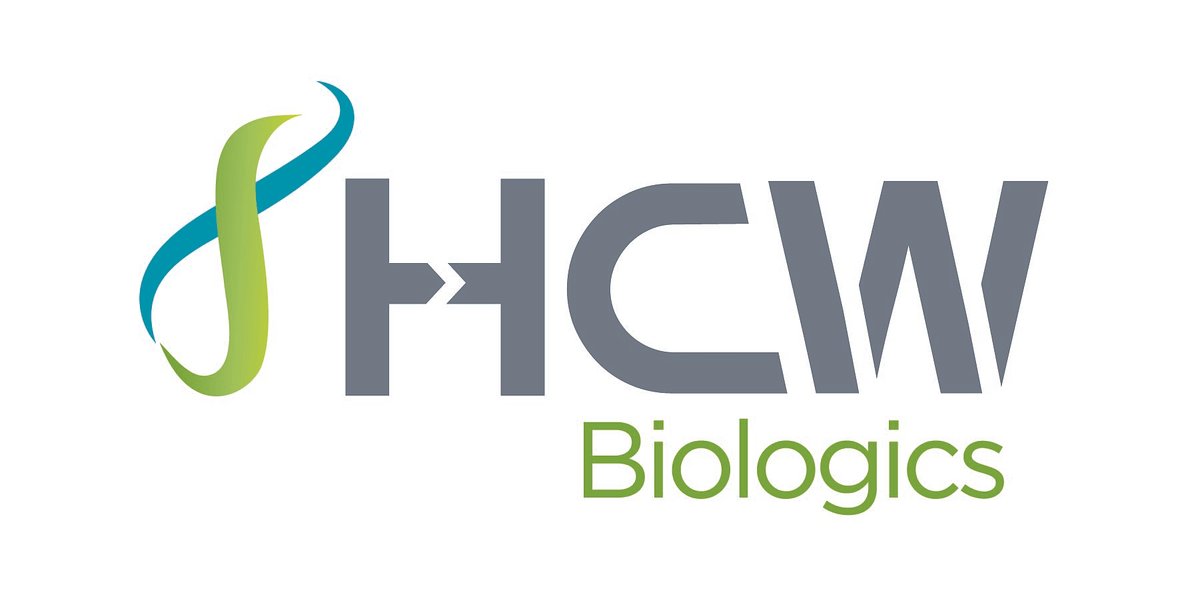
Nobel-Backed Biotech HCW Biologics Doses First Patient in Alopecia Areata Trial
HCW Biologics initiates a Phase 1 trial for HCW9302, leveraging groundbreaking research on regulatory T cells – work recently recognized with the Nobel Prize – to address the root cause of autoimmune hair loss.
Nobel-Backed Biotech HCW Biologics Doses First Patient in Alopecia Areata Trial
NEW YORK, NY – November 18, 2025
HCW Biologics Inc. today announced the first patient has been dosed in a Phase 1 clinical trial evaluating HCW9302, a novel interleukin-2 (IL-2) fusion molecule for the treatment of alopecia areata. This milestone signifies a potentially new approach to tackling the autoimmune disease, moving beyond symptom management toward resetting the immune system. The trial’s initiation comes on the heels of the Nobel Prize awarded for the discovery of T reg cell function, the very mechanism underpinning HCW9302’s therapeutic potential.
A Novel Approach to Alopecia Areata
Alopecia areata affects an estimated 160 million people worldwide, including 7 million in the United States. The condition causes hair loss due to an immune system attack on hair follicles. Current treatments are often limited to managing symptoms like topical corticosteroids or immunotherapy that can have significant side effects. HCW9302 offers a different strategy by targeting the underlying cause: immune dysregulation.
“The existing treatments are often palliative,” says a leading dermatologist not affiliated with HCW Biologics. “There's a real need for therapies that can actually modify the immune response and promote hair regrowth. This approach, if successful, could be transformative for patients.”
HCW9302 is designed to activate and expand regulatory T cells (Tregs). These cells act as the “brakes” of the immune system, suppressing autoimmune reactions. By bolstering Treg function, HCW9302 aims to restore immune balance and halt the attack on hair follicles. The company’s approach utilizes its proprietary TOBI™ and TRBC platforms for drug discovery and development.
Riding the Wave of Nobel-Recognized Science
The timing of the trial’s launch is particularly noteworthy. The Nobel Prize in Physiology or Medicine, awarded earlier this year, recognized the fundamental importance of regulatory T cells in controlling the immune system and preventing autoimmune diseases. This prestigious recognition lends significant scientific credibility to HCW Biologics’ approach.
“The Nobel Prize validates decades of research on Tregs,” explains an immunologist familiar with the company’s work. “It highlights the crucial role these cells play in maintaining immune homeostasis and preventing autoimmune disorders. HCW Biologics is at the forefront of translating this knowledge into a potential therapy.”
The Phase 1 trial, conducted at The Ohio State University Wexner Medical Center, will enroll up to 30 patients with alopecia areata. Researchers will evaluate the safety and tolerability of HCW9302 and determine the optimal dose for further studies. Secondary objectives include assessing the drug’s impact on immune cell function and monitoring for signs of hair regrowth. The company plans to expand clinical development to other autoimmune diseases and inflammatory dermatological conditions, such as vitiligo and atopic dermatitis, based on the results of this initial trial.
Navigating a Competitive Landscape
While the potential of HCW9302 is promising, HCW Biologics faces a competitive landscape in the autoimmune disease treatment market. Several companies are developing therapies targeting different aspects of the immune system. However, few are focusing specifically on Treg modulation. “The Treg space is still relatively unexplored,” notes a biotech analyst. “There’s a lot of potential for innovation, but also a significant amount of risk.”
The company’s success will depend on its ability to demonstrate the safety and efficacy of HCW9302 in clinical trials and secure funding for further development. HCW Biologics is a relatively small biotech company, and its financial resources are limited. The company will need to attract investors and potentially partner with larger pharmaceutical companies to bring HCW9302 to market.
“Small biotech companies often face significant challenges in navigating the regulatory and financial hurdles of drug development,” says a venture capitalist specializing in biotech investments. “But the potential rewards can be substantial if they succeed.” The company is also exploring the potential of HCW9302 in inflammatory conditions like graft versus host disease and neurodegenerative diseases such as Alzheimer's, broadening the potential market for the drug.
The initial results of the Phase 1 trial are expected in late 2026, and will be critical in determining the future of HCW9302 and HCW Biologics. The company believes its approach represents a significant step forward in the treatment of alopecia areata and other autoimmune diseases, offering a potential path toward lasting remission and improved quality of life for patients.
